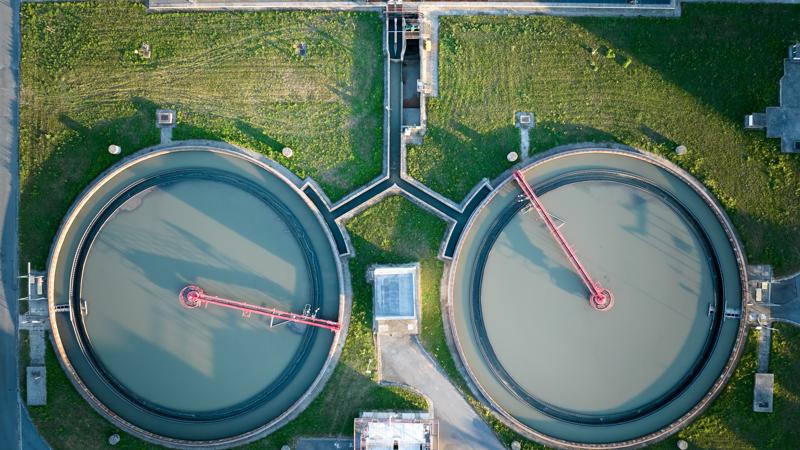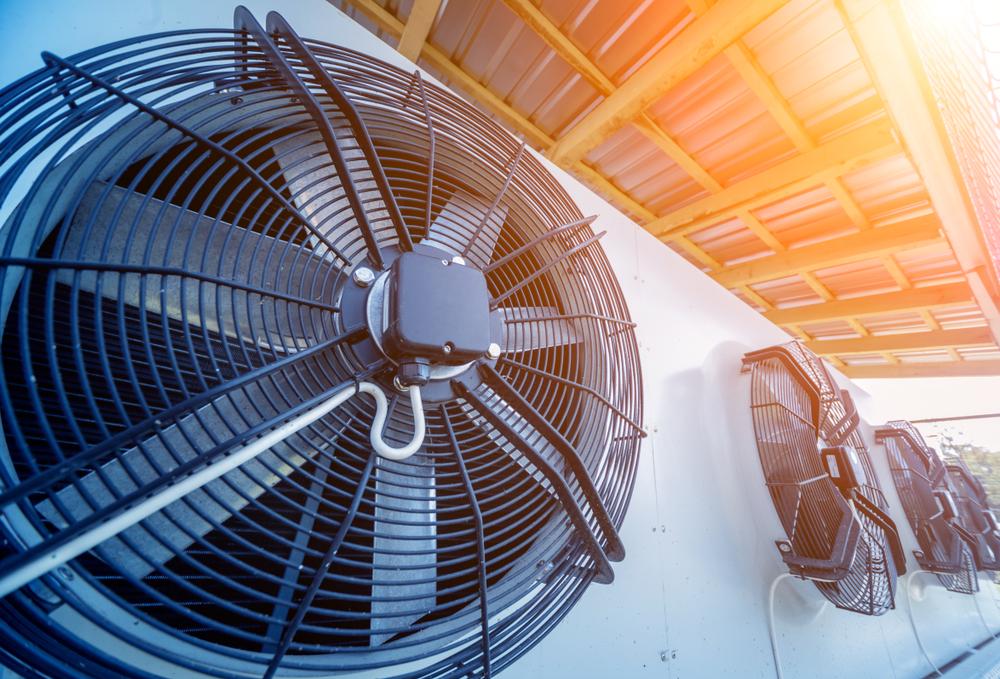A Guide to Wastewater Blowers
Learn about wastewater blowers, their role in treatment systems, the types available, and how they enhance treatment efficiency.
Wastewater blowers play a pivotal role in the treatment of water by providing the necessary oxygen for aerobic digestion. Used in both municipal and industrial settings, these blowers ensure that microorganisms break down organic waste efficiently. Without them, the water treatment process would slow down significantly, leading to inefficiencies and potential environmental harm. This article dives into the key aspects of wastewater blowers, their benefits, and their role in wastewater treatment systems.
The Role of Wastewater Blowers in Water Treatment
Wastewater blowers are vital in maintaining the aerobic processes within wastewater treatment plants. These devices introduce air into the wastewater, promoting the growth of microorganisms that consume organic materials. Aeration is a critical step in removing pollutants and preparing the water for safe discharge into natural bodies of water.

Types of Wastewater Blowers
Different wastewater treatment facilities may require different types of blowers based on their specific needs. The most common types include positive displacement blowers, centrifugal blowers, and turbo blowers. Positive displacement blowers are ideal for applications requiring high pressure, while centrifugal blowers are efficient for lower pressure requirements. Turbo blowers, which are more advanced, offer energy efficiency and are suitable for large-scale operations.
Benefits of Using Wastewater Blowers
- Enhanced Treatment Efficiency: By delivering oxygen to microorganisms, wastewater blowers significantly speed up the breakdown of organic materials.
- Cost-Effective Operations: Modern blower technology is energy efficient, reducing operational costs while maintaining high performance.
- Environmental Impact: Proper aeration using wastewater blowers ensures that wastewater meets environmental safety standards before being discharged.
- Durability: High-quality blowers, especially those designed for wastewater applications, are built to withstand harsh environments and continuous operation, ensuring longevity.
Maintenance and Troubleshooting
Regular maintenance is essential to keep wastewater blowers running smoothly. Routine inspections, cleaning, and timely replacement of worn parts will minimize downtime and improve operational efficiency. Common issues such as abnormal noise, overheating, or decreased air output should be addressed promptly to avoid more significant problems down the line.
Efficient Wastewater Blowers: A Vital Component for the Bahamas
In the Bahamas, efficient wastewater management is crucial for maintaining public health and protecting the environment. Wastewater blowers play a pivotal role in this process by providing the necessary aeration for sewage treatment facilities. These blowers enhance the biological treatment of wastewater by delivering a steady supply of air, which promotes the growth of aerobic bacteria that break down organic matter. With the increasing focus on sustainable practices and the need for reliable wastewater infrastructure in the islands, investing in high-quality wastewater blowers is essential for improving treatment efficiency and ensuring the cleanliness of local water sources. As the Bahamas continues to develop its tourism and residential sectors, robust wastewater systems equipped with advanced blowers will be vital for safeguarding the natural beauty and health of the islands.
Cost and Top Services/Companies for Wastewater Blowers
The cost of wastewater blowers can vary significantly based on the type, size, and features required for specific operations. Prices can range from $5,000 for smaller blowers to $50,000 or more for large-scale, high-efficiency models. Some of the top companies providing wastewater blower solutions include Kaeser Compressors, Gardner Denver, Aerzen USA, and Sulzer. These companies offer a range of blower systems designed for different scales of wastewater treatment operations, as well as maintenance services.











